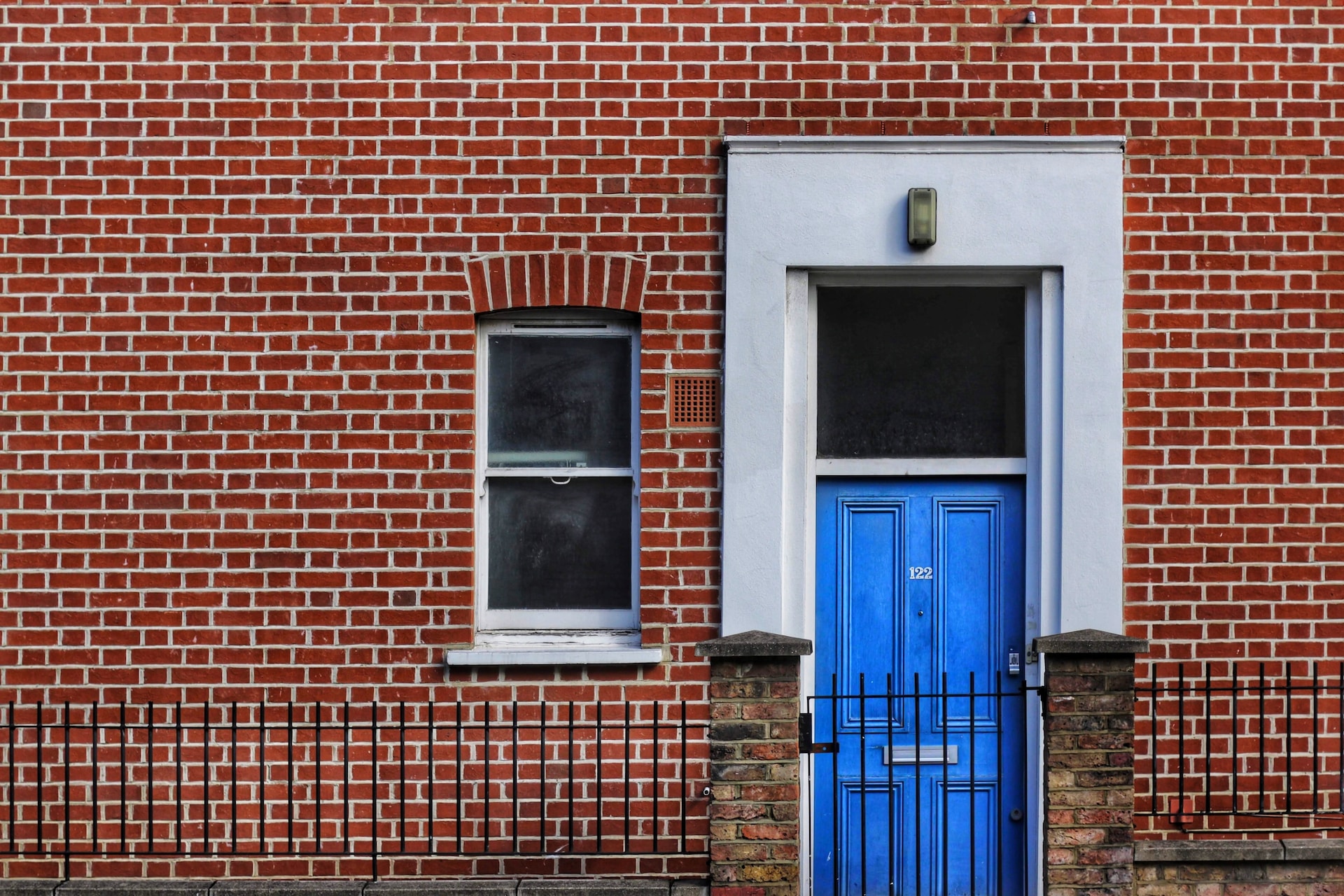Owning a home comes with a ton of responsibility. That’s why it’s a good idea to familiarize yourself with everything on the property so that you can stay on top of essential maintenance and upkeep.
When you own a home, it seems like there’s always some expense coming up. Whether it’s a required plumbing repair or an unexpected flood, there’s generally a cost involved, so it’s always a good idea to plan your budgeting for unforeseen expenses.
The last thing you want is to miss problems when they’re small and easy to fix, only to end up with much more extensive and likely much more expensive repairs.
So, let’s take a look at 5 things every homeowner should know about their property.
Find your Fuse Box and Emergency Shut-Offs
It may seem obvious, but take some time to learn where everything is in your house and on the property.
- Check to see if the previous owners labelled the circuit breaker switches.
- Find your stopcock (water shut-off valve).
- Know how to open your attic door.
- Figure out where to replace the HVAC filters.
- Make sure your thermostat is working and installed in the right room.
First thing, find the emergency shut-offs and the circuit breaker box. If the box isn’t labelled, add labels to the individual circuits, so you know which goes to which room or appliance of your home.
Make sure you have copies of all the appliance manuals, so you know how everything works. It’s also a good idea to create a filing system for manuals and documentation for your appliances and home systems.
If some of your home’s appliances don’t have manuals, do a quick online search. Most appliance companies publish manuals on their websites for easy access.
Fuse boxes are often kept in the cupboard under the stairs but could be anywhere out of sight.
If it is one of the old-fashioned fuse boxes that require wires to repair blown fuses, familiarise yourself with how to fix a blown fuse now, rather than when all the lights go out when a bulb blows.
Even better, consider updating it to a modern box with circuit breaker switches to comply with modern regulations. You can learn more about how to find your fuse box here.
You also want to know how to shut off the main water valve in the house. Finding the stopcock and making sure you can turn it on and off is far better done now than during an emergency.
The stopcock is usually located underneath the kitchen sink and will turn the water supply to your home on or off.
Your thermostat will determine how warm or cold your house will be, as it is linked to your boiler and central heating system.
If your thermostat is portable, move it to the room you spend the most time in (so that the room will always be at the right temperature).
Check Smoke Alarms and CO Detectors
It’s always good practice to regularly change the batteries in your smoke detectors and make sure they’re working.
You can also check to see if there is a warranty or how old they are. Many smoke detectors are only suitable for approximately 10 years.
Also, if you don’t have a carbon monoxide detector built-in with the smoke detectors, purchase those and place them throughout your house too.
Hopefully, if you have any gas appliances in the home, you will have been given a copy of any recent service history, and they should be working satisfactorily.
Even so, you should fit at least one carbon monoxide (CO) detector as soon as you can, placing it close to your gas appliances as directed on the pack.
Similarly, smoke alarms should be fitted and tested regularly – it is now recommended for new builds and properties that have been extended recently that smoke detectors are interconnected (meaning that if one goes off downstairs, its counterpart will also sound upstairs, ensuring that everyone in the house hears the alarm).
To learn more about your responsibilities as a homeowner, check out this link.
Deal with Drainage on the Property
Water can cause problems in any home, and dealing with drainage issues can be a huge money saver in the long term.
Extending downspouts is an easy fix, but knowing how to make a drainage plan will provide long-term results with minimal effort.
The surface water from your property will drain to one of two places: a soakaway or the public sewer.
While most properties drain directly into the sewer system, many homes have soakaways installed to help prevent waterlogged lawns and flooding.
If you want to learn about your property’s surface water drainage, it’s important to spend time investigating for yourself.
The easiest way to do this is to explore the exterior of your property, following the rainwater downpipes from the side of your house to see how far and where they go.
If you have a soakaway, you should be able to see a faint dip in your lawn that leads from your house to a slightly recessed area of your lawn.
However, soakaways are installed discreetly, so they can be challenging to spot. If the surface water from your property drains into the public sewer, you should be able to find a manhole cover somewhere on your property’s exterior to confirm this.
To learn more about your rights and responsibilities as a property owner, you can read more here.
Use Your Inspection Report as a ‘To-Do’ List for Maintenance
After you buy a home and settle in, go over your inspection report. If repairs are needed that the previous owner wasn’t contractually obligated to fix, make a note of them.
Using the home inspection report as a guide, make a list of things to repair, update or maintain for the future.
You’ll want to address items that can potentially blow up and cost you money later, such as dirty gutters, leaky pipes, or doors and windows that need to be resealed.
Order them from the most crucial repair to the least important. Then, make a plan to tackle the list and give yourself a timeline for when you’d like to get it done.
Maintenance is crucial to keeping your home in good condition. Taking the time to fix minor issues now could prevent costly repair headaches later on.
Talk to Your Neighbours
The quickest way to get to know things like when your bin will be collected or where the best takeaways are located is to talk to your neighbours.
Your neighbours may turn out to be not only helpful but also friendly and a good source of company, and may also be willing to keep an eye on your home if ever you are away.
Find out whether any Neighbourhood Watch schemes in the area as joining one can help deter crime and reduce your home insurance premiums.
Also, what’s the area like?
- Are you near a pub or bar or kebab shop that becomes rowdy in the evening?
- Can you walk to the shops to get a pint of milk, or do you have to drive?
- Is it easy to get to public transport?
- Are there noisy roads or train tracks nearby?
- Are you underneath a flight path?
- Is there a local dump nearby?
- Are you near a school that makes it impossible to get out of your drive at school run time?
Final Word
The list for home maintenance can seem endless, and taking a look at the top 5 things barely scratches the surface.
Some other important things you will want to consider include:
- Doors and windows
- Radiators and furnaces
- The age and condition of your roof
- Plumbing
- Boiler
- Electrical
- Keeping an eye out for damp staining
The more prepared you are, the more money you will save in the long term, and the fewer headaches you will have maintaining your home and property.
It’s great to have a place to call your own. It’s even better not to worry about landlords or make changes that give it a more personal touch. Making your home the home you want to live in makes the maintenance and upkeep well worth the cost.
If you have more questions, you can contact us anytime.



